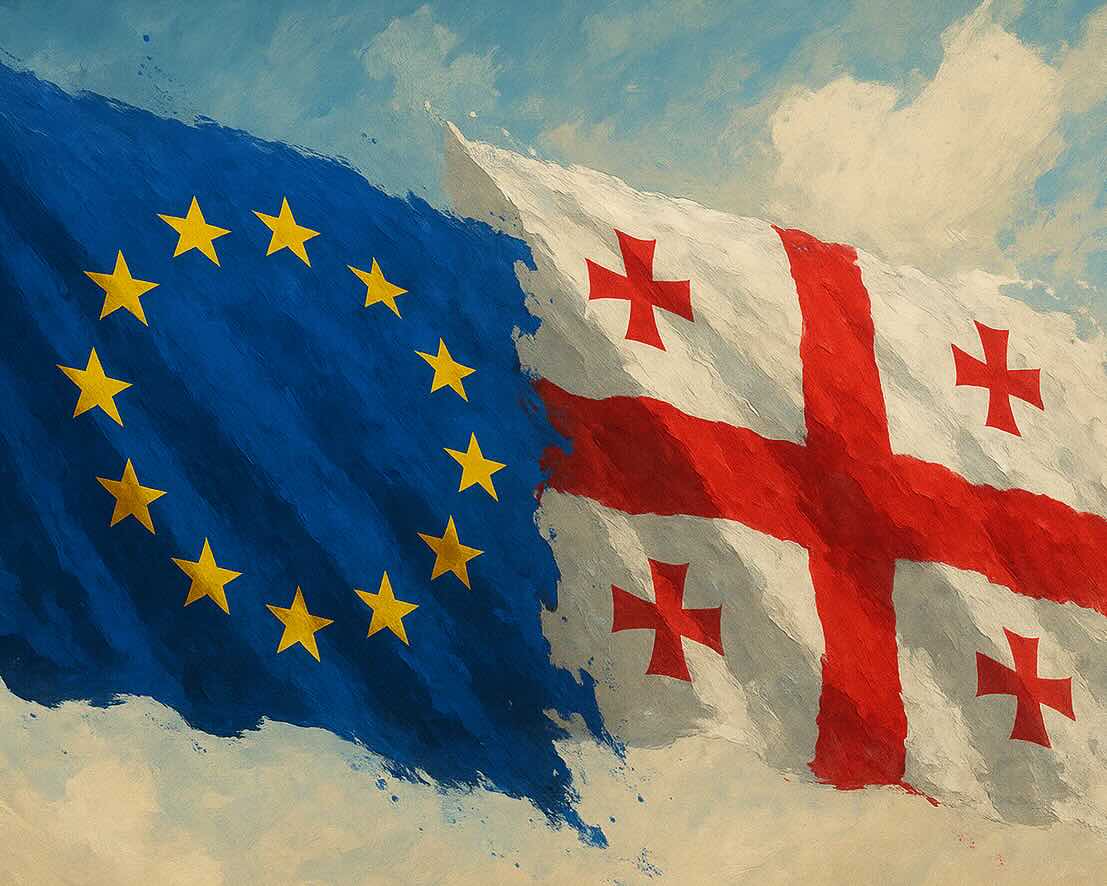On the seventeenth anniversary of the outbreak of the 2008 war between Russia and Georgia, the European Union has reiterated its continued support for Georgia’s sovereignty and territorial integrity, while condemning Russia’s ongoing military presence in the breakaway regions of Abkhazia and South Ossetia.
In a statement issued today, the European External Action Service (EEAS) marked the occasion by recalling the events of 7 August 2008, when conflict erupted between Russian and Georgian forces, leading to a brief but consequential war. The EU has underscored that it remains “unwavering in its commitment to a peaceful resolution of the conflicts in Georgia.”
The EU Monitoring Mission (EUMM Georgia), which was deployed in the aftermath of the war, continues to serve as the only international presence on the ground. Its mandate focuses on stabilisation, normalisation, and confidence-building along the Administrative Boundary Lines (ABLs) with Abkhazia and South Ossetia. The EEAS statement described the EUMM’s role as “crucial” in maintaining security and preventing further escalation.
The European Union has reiterated its condemnation of Russia’s violations of international law, specifically citing Moscow’s military presence in the occupied territories of Abkhazia and South Ossetia. The EEAS noted that this presence contravenes the six-point ceasefire agreement of 12 August 2008, brokered by the EU and agreed upon by both Russia and Georgia, as well as the implementing measures adopted on 8 September 2008.
The six-point agreement called for an immediate cessation of hostilities, the provision of free access for humanitarian aid, and the withdrawal of Russian forces to positions held prior to the start of hostilities. Seventeen years on, the EU maintains that key provisions of this agreement remain unfulfilled.
The EEAS statement drew attention to the human rights situation in the conflict-affected areas. It called for the lifting of restrictions on freedom of movement across the ABLs, and demanded accountability for documented human rights violations in the occupied regions. The EU further emphasised the necessity of thorough investigations into abuses, including those affecting internally displaced persons (IDPs) and ethnic minorities.
“The challenges for internally displaced persons and refugees persist,” the statement said, reaffirming the EU’s stance on the right of displaced individuals to “choose a durable solution, including a voluntary, safe, and dignified return.”
The European Union remains engaged in the Geneva International Discussions (GID), the primary multilateral forum addressing the consequences of the 2008 war. Co-chaired by the EU, the United Nations, and the Organisation for Security and Co-operation in Europe (OSCE), the GID brings together representatives from Georgia, Russia, the United States, and the de facto authorities in Abkhazia and South Ossetia. The EU called on all parties involved to “engage constructively” to ensure the full implementation of the 2008 agreements.
The EU’s Special Representative for the South Caucasus and the crisis in Georgia continues diplomatic efforts aimed at reducing tensions, facilitating dialogue, and supporting peacebuilding initiatives. The Special Representative also liaises with local communities and authorities on both sides of the ABLs to address security and humanitarian concerns.
The EEAS concluded by reaffirming the European Union’s “steadfast support for the independence, sovereignty, and territorial integrity of Georgia within its internationally recognised borders,” and stated that the bloc remains committed to “ongoing stabilisation and conflict resolution efforts in the region.”
The 2008 war, though short in duration, resulted in hundreds of casualties and the displacement of tens of thousands. The conflict led to Russia’s formal recognition of Abkhazia and South Ossetia as independent states—a move rejected by Georgia and most of the international community. The situation has remained effectively frozen, with ongoing tensions and periodic incidents along the ABLs.
Seventeen years after the hostilities, the EU continues to view the conflict as a key regional security issue, maintaining that any durable peace in the South Caucasus must be based on respect for international law, including the principles of sovereignty and territorial integrity.


